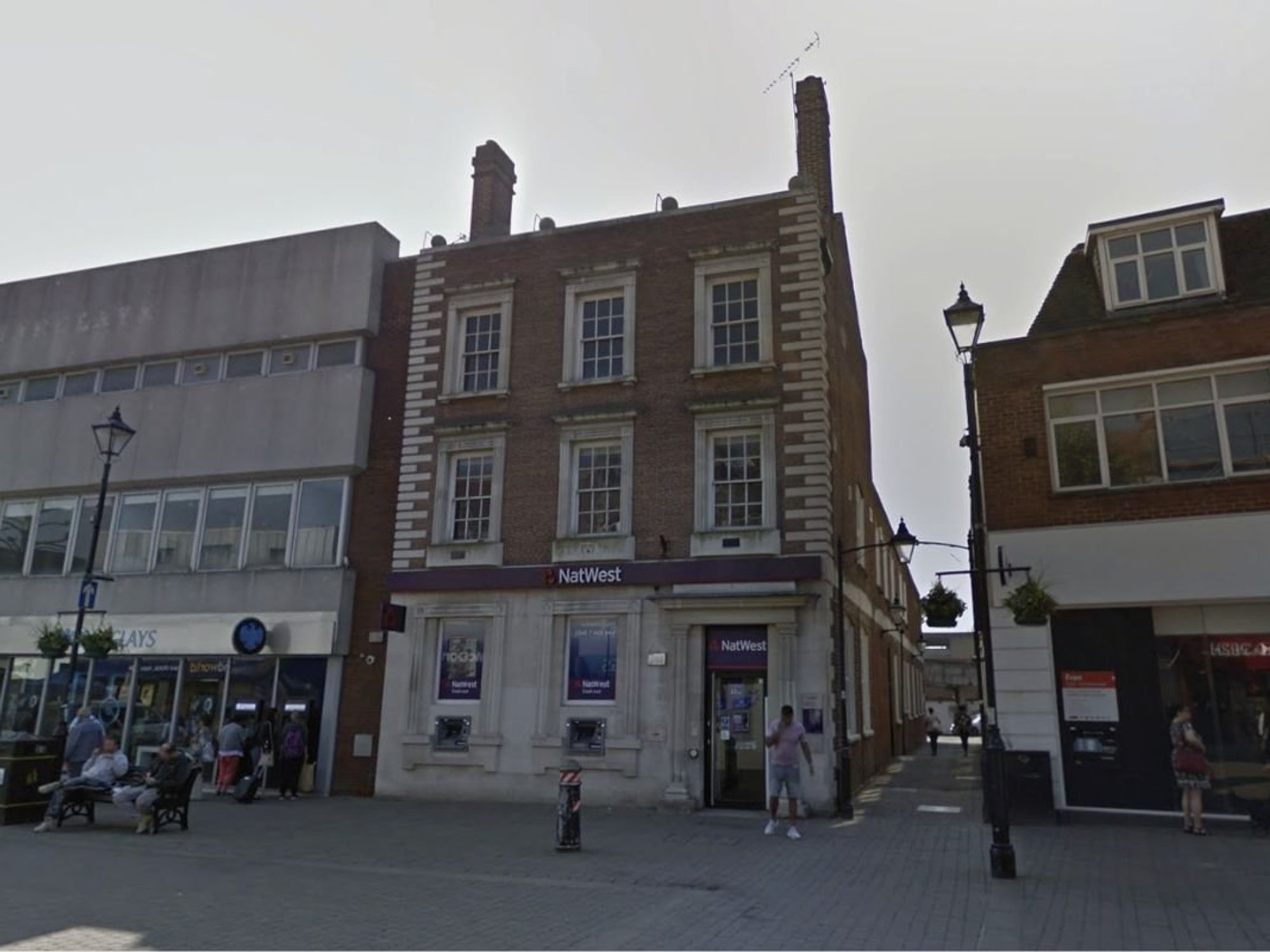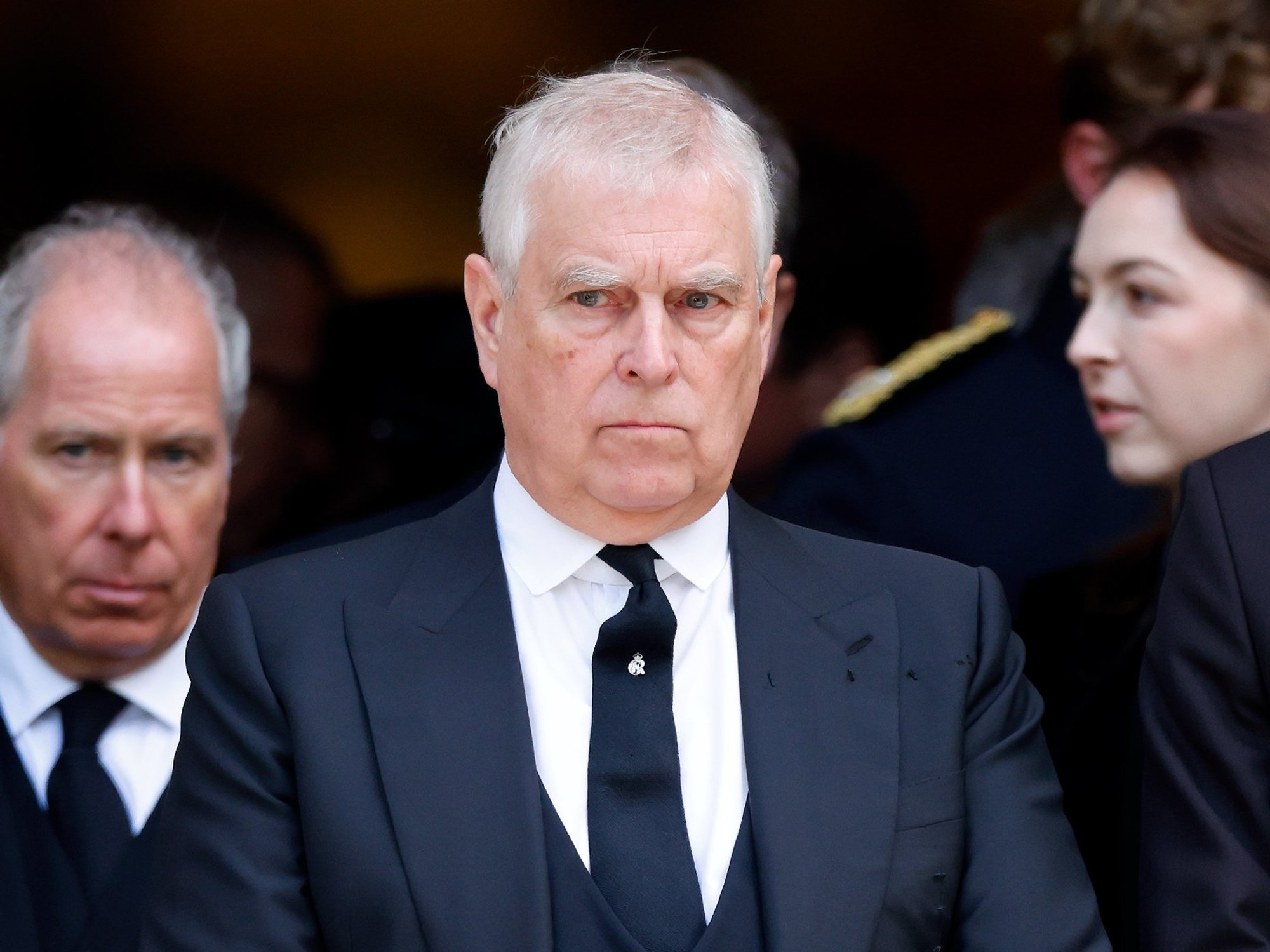Why will England not have names on the back of their shirts for Wales friendly next week?

The players will also walk out without the traditional child mascots
Don't Miss
Most Read
Latest
England will be without names on the back of their shirts and will also not walk out of the tunnel with the typical child mascots for next week’s friendly against Wales.
The match takes place at 7:45pm at Wembley on October 9, with Thomas Tuchel announcing his squad for the fixture this morning.
The Three Lions enter the fixture unbeaten against their neighbours since 1984 and are currently on a six-match winning streak against their local rivals.
The most notable match-up includes England’s late 2-1 victory in the 2016 European Championships, courtesy of a Jamie Vardy strike and a late Daniel Sturridge effort - although the tournament ended in despair for then-boss Roy Hodgson after a humiliating defeat against Iceland.
TRENDING
Stories
Videos
Your Say
In their latest fixture against the Welsh, it will be considerably different from the off: players will be without names on the back of their shirts and child mascots will instead be replaced by adults suffering from dementia.
The alterations come as the friendly has been chosen as the dedicated ‘Alzheimer’s Society International’ fixture, the fourth of its kind since the charity partnership between the FA and the Alzheimer’s Society was established in 2021.
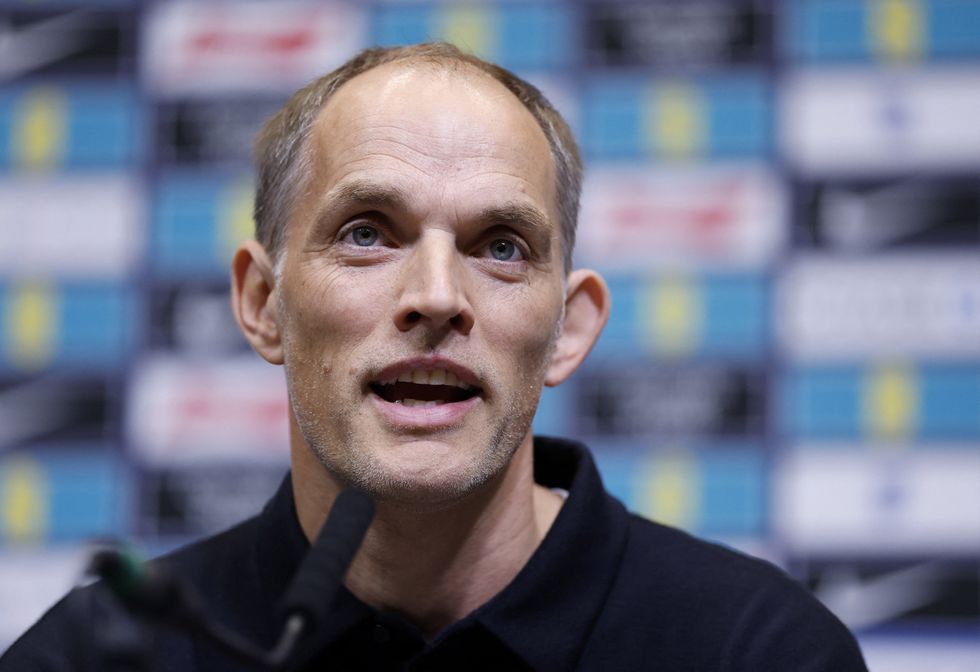
Thomas Tuchel announced his England squad for the upcoming fixtures this morning
|REUTERS
England recently had a similar occurrence during the second half of their match against Belgium in 2024, where names were removed at half-time.
This time around, 22 supporters living with dementia will take the pitch alongside the players, replacing the youngsters who typically accompany teams during their walk-out.
The message couldn't be clearer - tackling Britain's deadliest condition needs everyone working together, just like a proper football team.
JUST IN: Christian Horner earning eye-watering figure in new role weeks after £80m payout from Red Bull
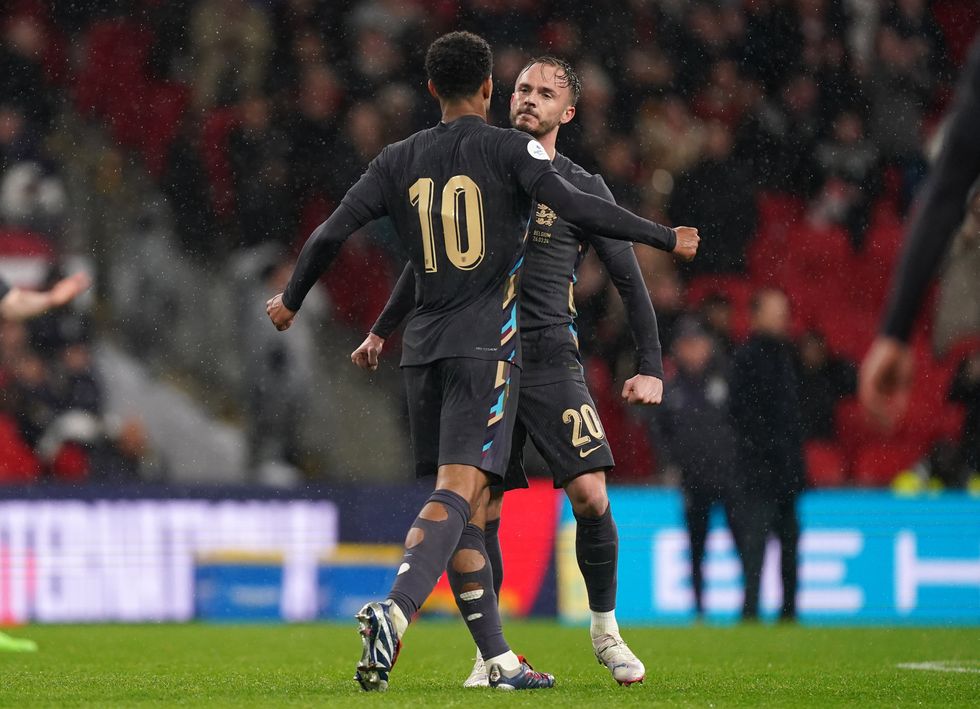
England played without names on the back of their shirts during their 2-2 draw against Belgium in 2024
| PAThe chosen supporters come from all walks of life across England and Wales, representing the many faces of dementia in Britain today.
They include people who use Alzheimer's Society services, along with nominations from football clubs and their community foundations, plus independent dementia cafes and support groups.
Two of the selected fans, Andy Paul, 66, and Nigel Palmer, 72, got the surprise of their lives when England and Newcastle defender Dan Burn turned up at St. George's Park to deliver the news personally.
**SIGN UP FOR OUR FREE DAILY GB NEWS SPORTS NEWSLETTER HERE**
The defender admitted feeling nervous beforehand about meeting supporters with dementia, unsure how to behave around them.
“I was a bit nervous when I was told I would be meeting fans with dementia, as I wasn’t sure how to act.
LATEST SPORTS NEWS:
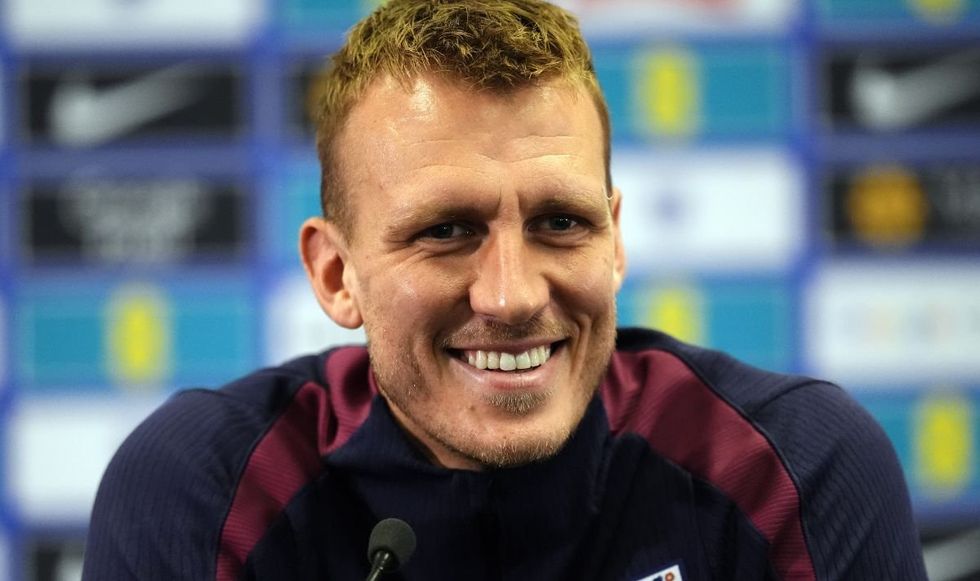
Dan Burn met two of the fans ahead of the clash next week
|PA
“But Nigel and Andy weren't what I was expecting at all, and I can honestly say it opened my eyes to some of the assumptions people make about dementia," Burn revealed after spending time with the pair.
Mark Bullingham, CEO of The FA, said: “Our partnership with Alzheimer’s Society continues to raise vital funds and awareness for those impacted by dementia, and the 22 people living with a diagnosis who will walk out at Wembley alongside the national teams will ensure this message resonates more than ever.”
Alex Hyde-Smith, Chief Marketing Officer at Alzheimer’s Society, added: “This year’s Alzheimer’s Society International promises to be a historic night, showcasing so many different experiences of dementia and providing a special moment for our mascots and their families.
“We know beating dementia will require the ultimate team effort, and football is the ultimate team game. Players need their teammates, coaching staff and fans to support them, and likewise, people affected by dementia need a team of family, carers and doctors.
“It will take a society to beat dementia and, as with any successful team, we all have a role to play.”





